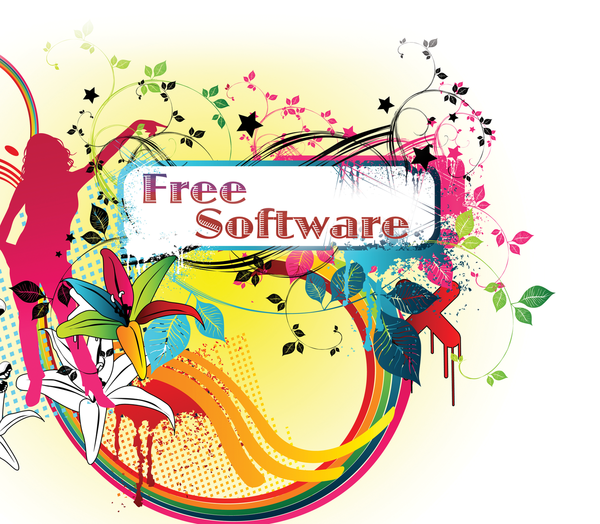The art of selling free software
Creating A Business

The open source community doesn't have a fleet of attorneys and PR consultants. When it is time to make the case for free software, you might just have to be the advocate.
Last night, I was talking with a free software advocate who had started a company. I asked what his company did, and he answered "free software." Now this hit a sore spot with me, since I run into a lot of people who tell me they want to make a living "selling free software." Sometimes these people have actually borrowed some money (or used their own money), started a business, hired some programmers, created a product, published the source and object code, then found anguish because they couldn't generate enough revenue from their software to make a profit.
The best way to get ahead is not to have a business that creates free software but to use free software to create and facilitate a business. When my friend answered that his company did "free software," I asked him to define what his customers could actually purchase from him and how his customers would benefit from his software. He did not have a ready answer. In forming any company, you have to set a vision, a mission statement, and a concept of what you are going to sell the customer. Free software is not enough.
[...]
Buy this article as PDF
(incl. VAT)
Buy Linux Magazine
Subscribe to our Linux Newsletters
Find Linux and Open Source Jobs
Subscribe to our ADMIN Newsletters
Support Our Work
Linux Magazine content is made possible with support from readers like you. Please consider contributing when you’ve found an article to be beneficial.

News
-
The Next Linux Kernel Turns 7.0
Linus Torvalds has announced that after Linux kernel 6.19, we'll finally reach the 7.0 iteration stage.
-
Linux From Scratch Drops SysVinit Support
LFS will no longer support SysVinit.
-
LibreOffice 26.2 Now Available
With new features, improvements, and bug fixes, LibreOffice 26.2 delivers a modern, polished office suite without compromise.
-
Linux Kernel Project Releases Project Continuity Document
What happens to Linux when there's no Linus? It's a question many of us have asked over the years, and it seems it's also on the minds of the Linux kernel project.
-
Mecha Systems Introduces Linux Handheld
Mecha Systems has revealed its Mecha Comet, a new handheld computer powered by – you guessed it – Linux.
-
MX Linux 25.1 Features Dual Init System ISO
The latest release of MX Linux caters to lovers of two different init systems and even offers instructions on how to transition.
-
Photoshop on Linux?
A developer has patched Wine so that it'll run specific versions of Photoshop that depend on Adobe Creative Cloud.
-
Linux Mint 22.3 Now Available with New Tools
Linux Mint 22.3 has been released with a pair of new tools for system admins and some pretty cool new features.
-
New Linux Malware Targets Cloud-Based Linux Installations
VoidLink, a new Linux malware, should be of real concern because of its stealth and customization.
-
Say Goodbye to Middle-Mouse Paste
Both Gnome and Firefox have proposed getting rid of a long-time favorite Linux feature.

